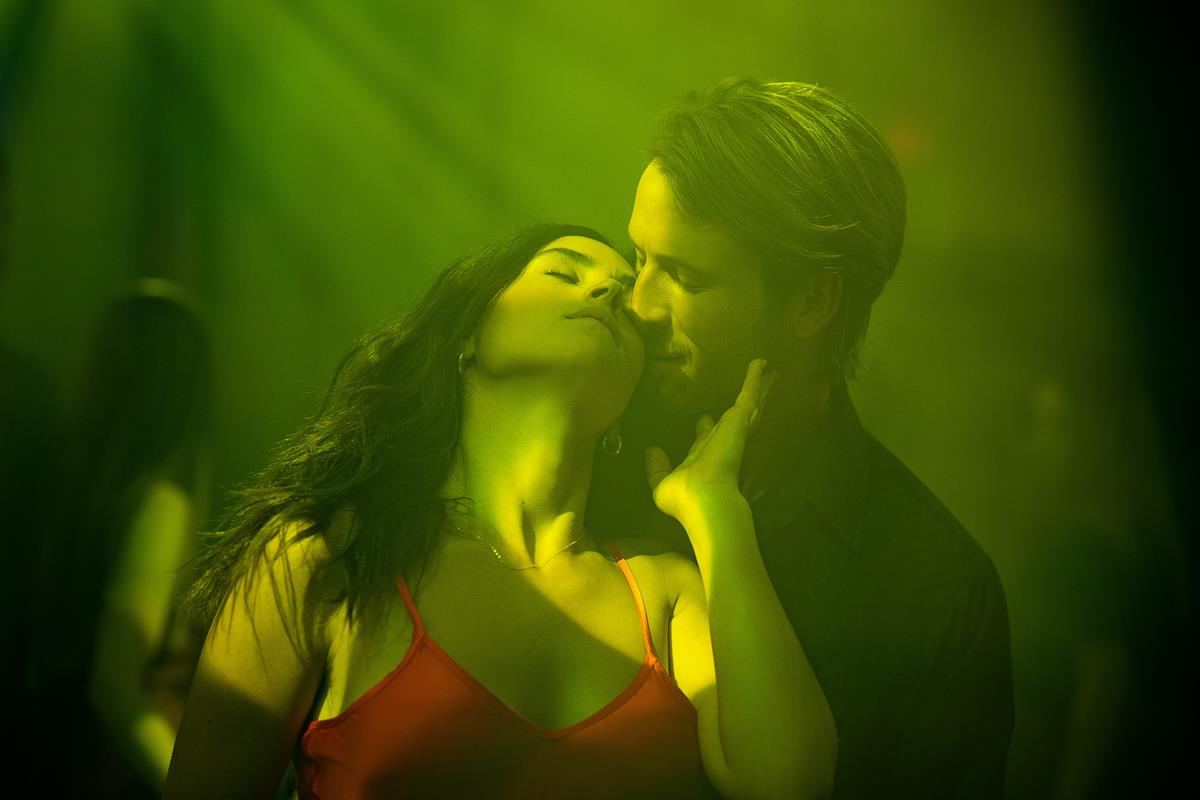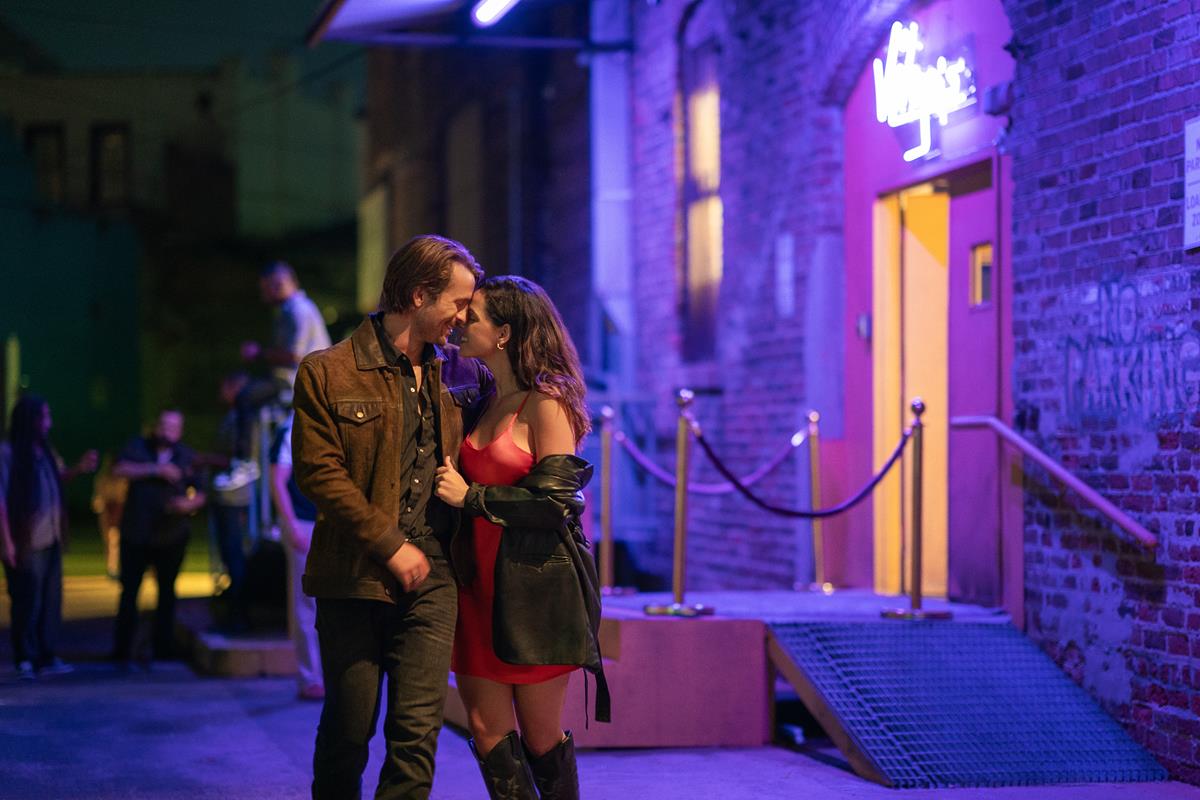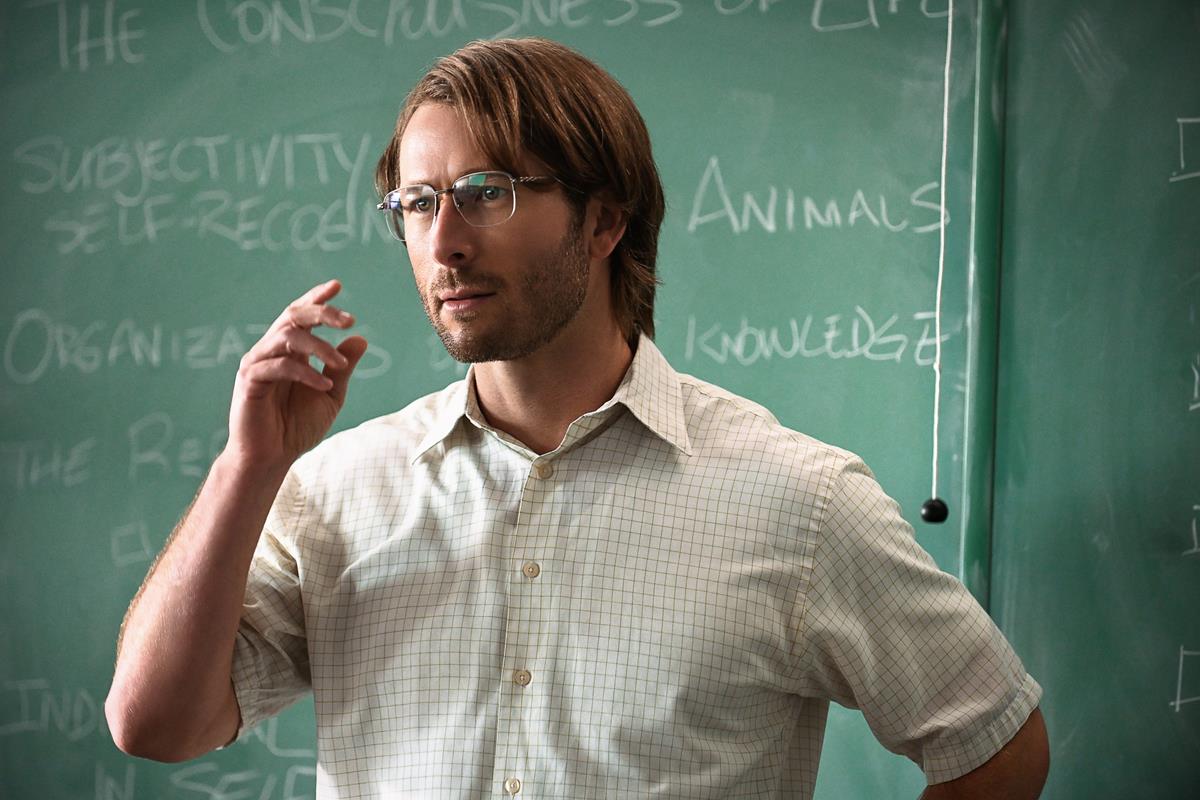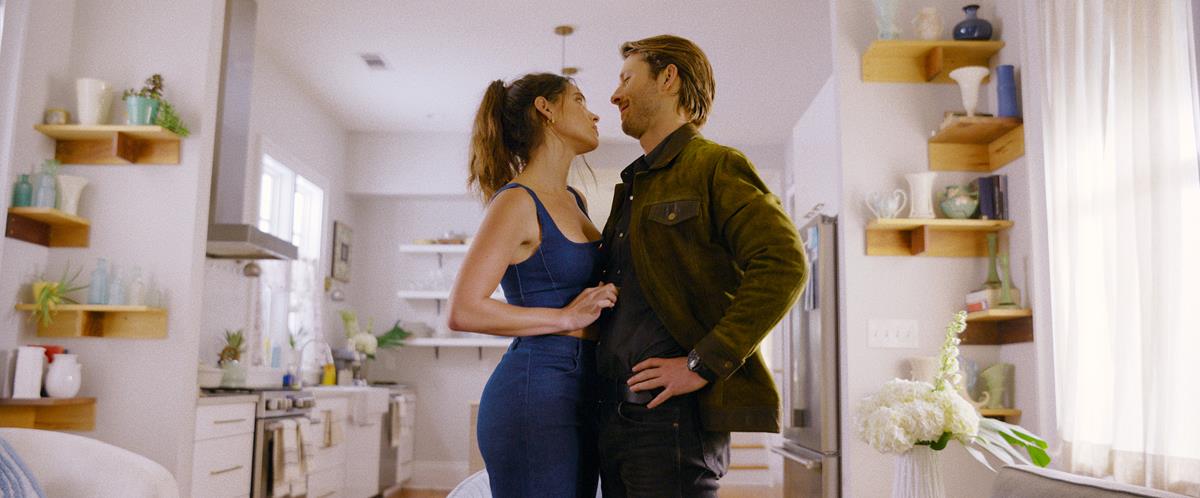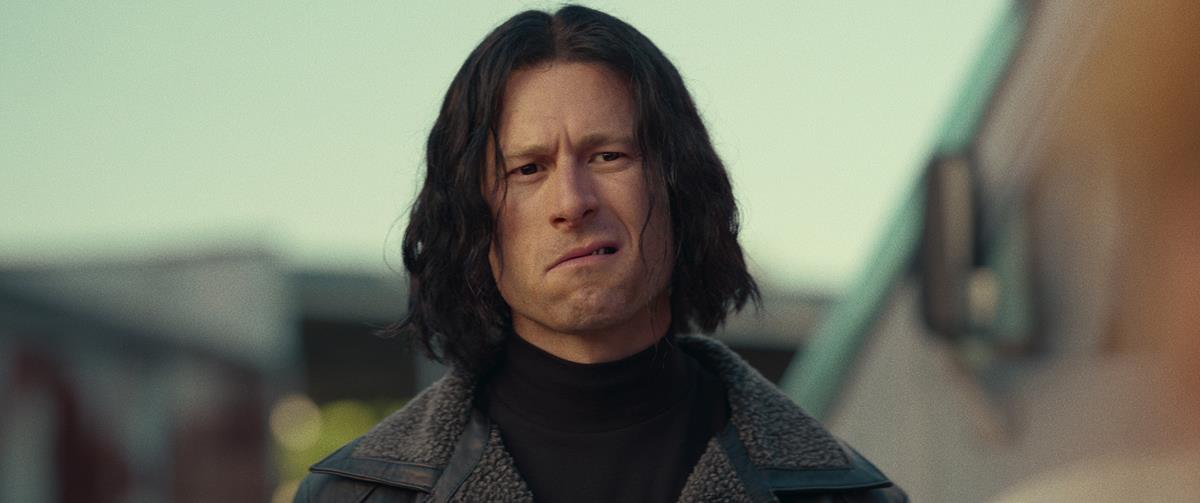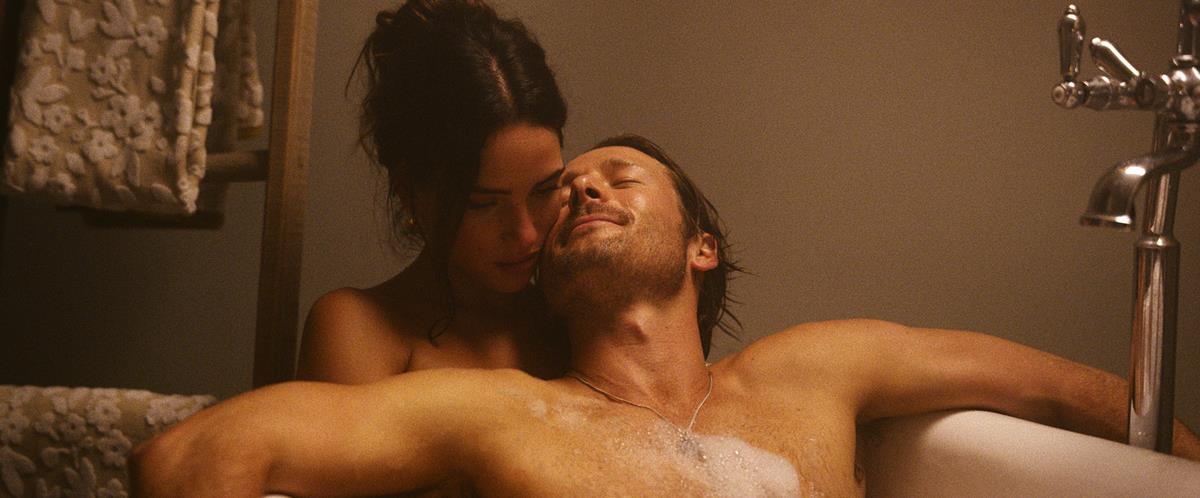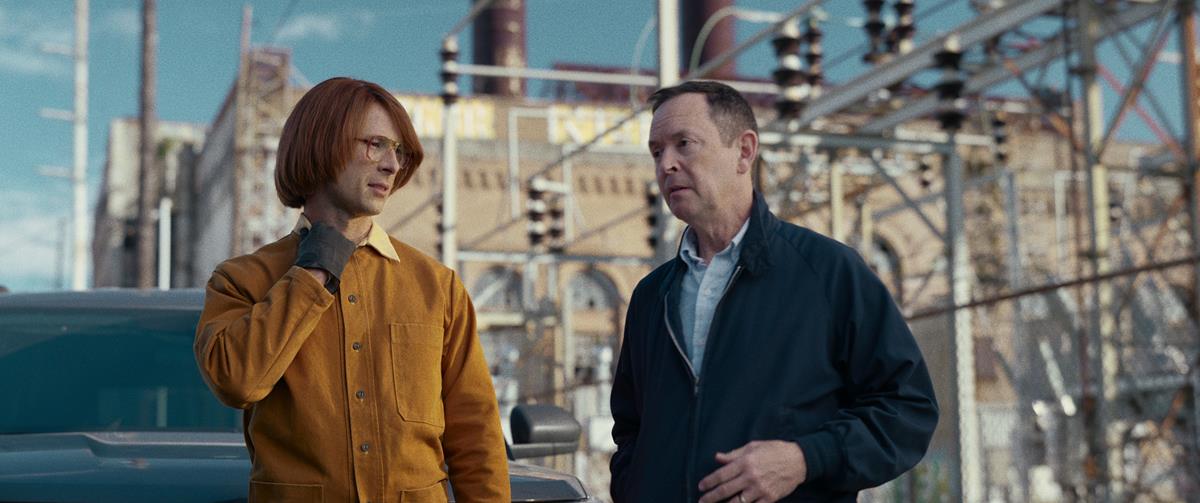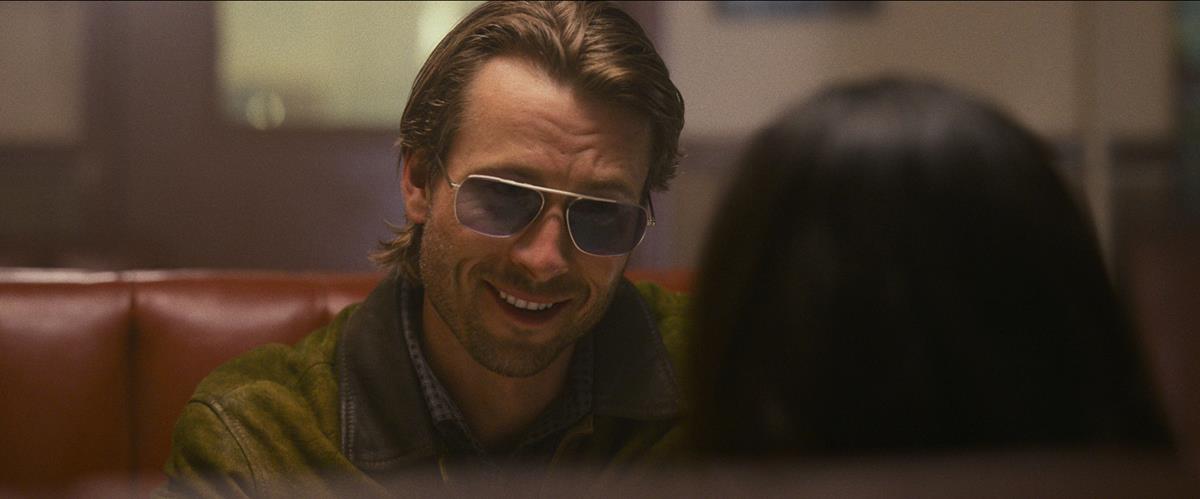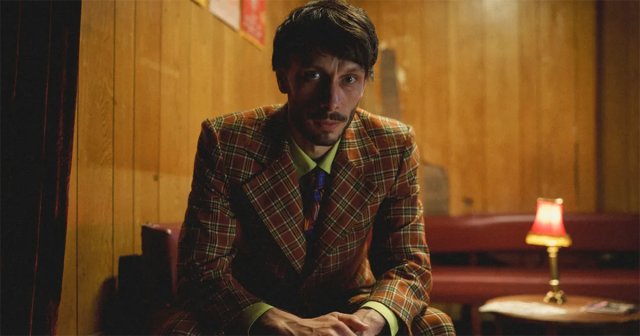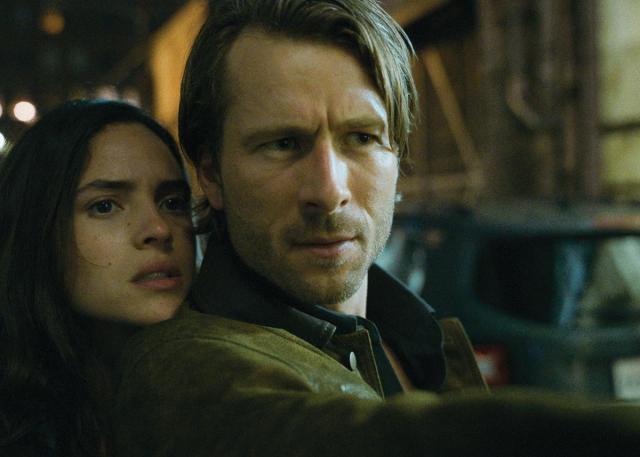
In America’s ultra-consumerist society everything has a price, and that includes hiring someone to commit murder. That’s the set up for director Richard Linklater’s latest movie Hit Man, which in his words “deconstructs” cinema’s hitman genre while at the same time basing the story on real events.
“Hit Man” trailer, Cr. Netflix
Linklater, who also co-wrote and produced, explains that the inspiration for the Netflix release was a 2001 true crime story in the Texas Monthly about undercover hitman Gary Johnson.
“He’s your fantasy of what a hit man is, and he lets you play that out,” Linklater relates in a video recorded for Vanity Fair. “He’s somehow able to persuade people who are rich and not so rich, successful and not so successful, that he’s the real thing. He fools them every time. And by the time you’re really sitting down with who you think is a hit man, you’re ready to be fooled. You’ve already in the movie.”
The filmmaker himself, though, found that the style of story changed as he wrote it. He enjoyed “playing in the sandbox” of classic movies ranging from film noir of the 1940s like Alan Ladd in This Gun For Hire to the screwball comedies of Howard Hawks and Frank Capra’s screwball romances.
“I think almost anything can be a comedy, especially the darker it gets, the more ripe it is for something kind of funny. That was always going to be the tone. The best screwball comedies are very sophisticated and they’re less likely to date. You can watch a Preston Sturges movie from the ‘40s and feel like that could be made yesterday.”
The lively and energetic visuals of screwball comedies influenced the way Linklater approached certain scenes in Hit Man, ensuring a balance between the dark tones of film noir and the light-heartedness of comedy.
He also drew on more modern updates of noir and the screwball genre, including Peter Bogdanovich’s What’s Up Doc and Lawrence Kasdan’s Body Heat, to make Hitman a mashup of genres.
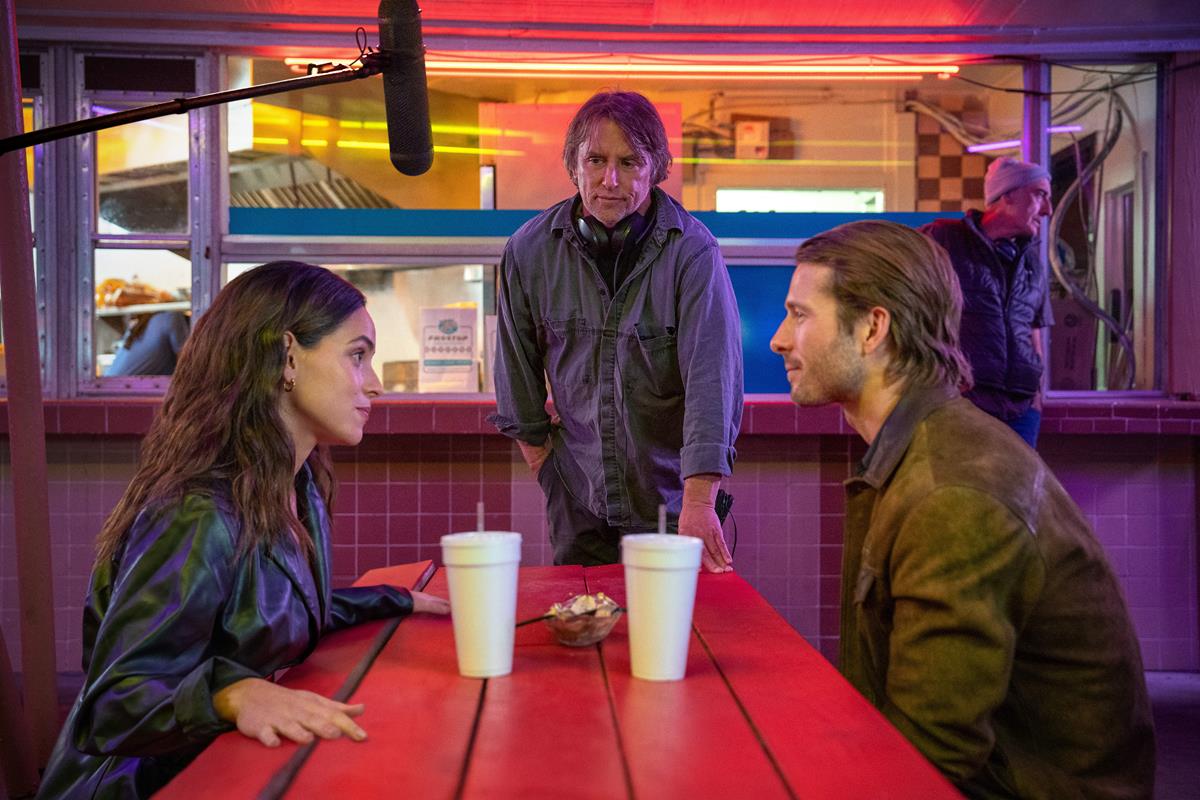
Linklater also references the strict moral codes of classic noir, which often dictated that criminals must face retribution. However, he says, felt no such obligation.
“My two lead characters do pretty questionable things, but by the end, and this is the power of cinema, the audience is hopefully pulling for them. You put a charming, hot couple in a movie, they can get away with murder. And they do here.”
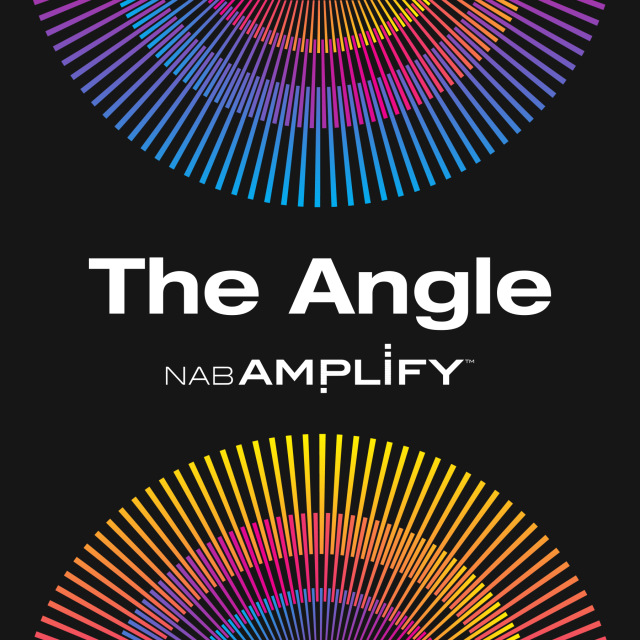
Why subscribe to The Angle?
Exclusive Insights: Get editorial roundups of the cutting-edge content that matters most.
Behind-the-Scenes Access: Peek behind the curtain with in-depth Q&As featuring industry experts and thought leaders.
Unparalleled Access: NAB Amplify is your digital hub for technology, trends, and insights unavailable anywhere else.
Join a community of professionals who are as passionate about the future of film, television, and digital storytelling as you are. Subscribe to The Angle today!


